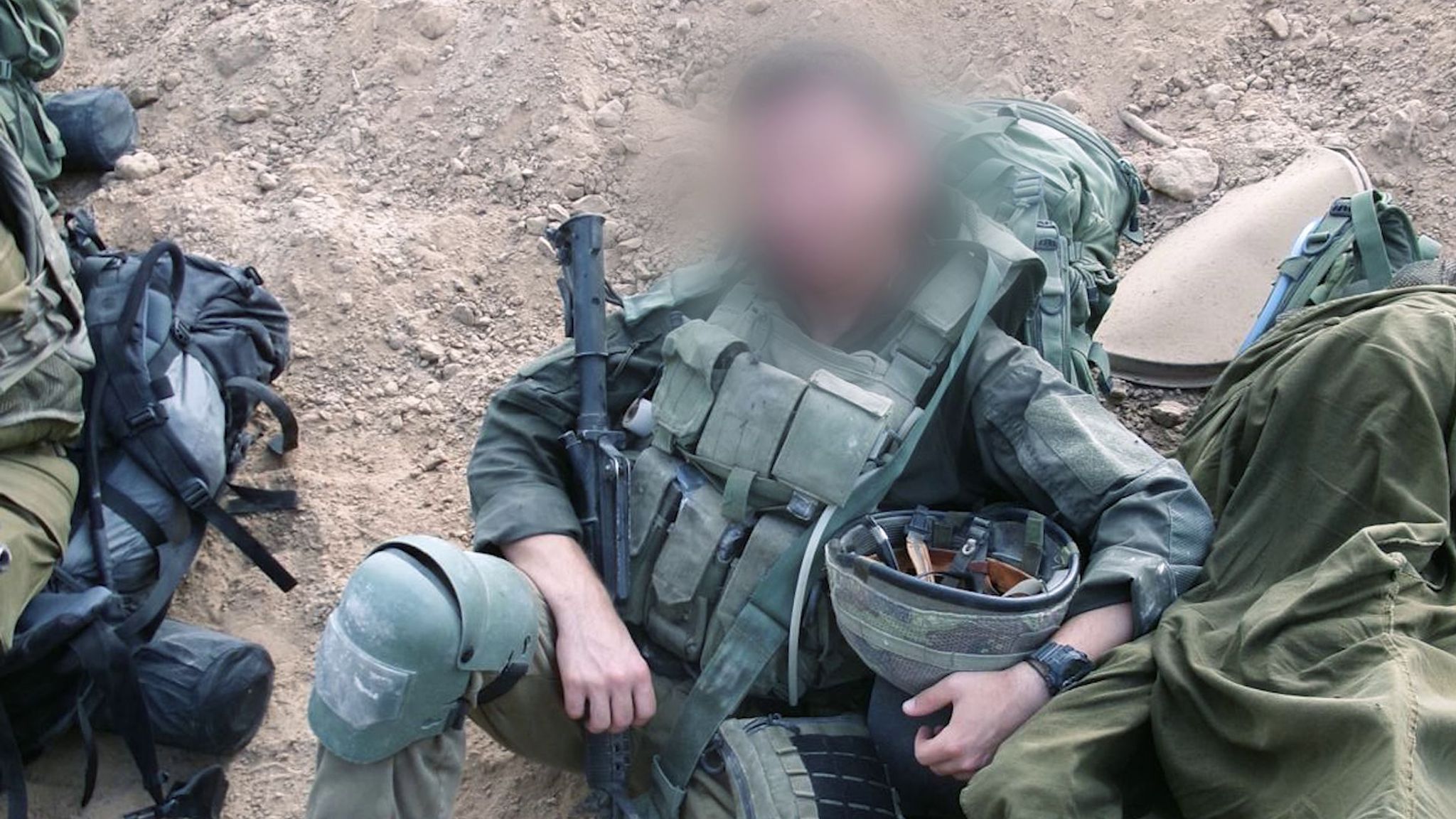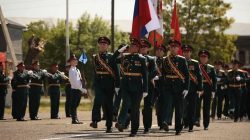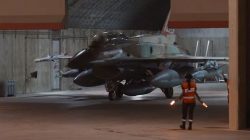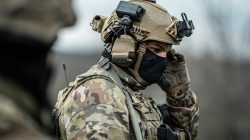A Former IDF Reservist’s Account of Chaos in Gaza
A former Israeli Defense Forces (IDF) reservist has provided a detailed and disturbing account of his time in Gaza, revealing that soldiers were frequently instructed to shoot civilians based on unclear and constantly changing rules of engagement. These orders, he claims, were often dictated by individual commanders, leading to a chaotic and unpredictable environment.
Speaking anonymously to Sky News, the soldier, who served three tours of duty in the IDF’s 252nd Division, described the conditions in the Netzarim corridor—a militarized area that cuts through Gaza. He said, “We have a territory that we are in, and the commands are: everyone that comes inside needs to die. No matter who it is.” This statement paints a grim picture of how the military operated in the region.
The soldier compared the situation within the territory to “the Wild West,” where soldiers would draw “imaginary lines” around the houses they occupied, many of which had previously been homes for displaced Palestinians. Anyone crossing these lines was considered a legitimate target, regardless of their identity or intentions.
He questioned how the soldiers could know if the people entering the area were truly threats. “But how can they know?” he asked, referring to Gazans moving near restricted zones. “It was like pretty much everyone that comes into the territory, and it might be like a teenager riding his bicycle.”
According to the soldier, the criteria for using lethal force changed daily, depending on the commander’s mood. “It really depends on the day, the mood of the commander,” he said. On some days, individuals crossing the boundary were shot, while on others, they were captured. The policy then shifted back to shoot-on-sight.
The soldier also mentioned that each commander had the authority to make decisions independently. “Every commander can choose for himself what he does. So it’s kind of like the Wild West. So, some commanders can really decide to do war crimes and bad things and don’t face the consequences of that.”
He described how the military trained soldiers to view anyone entering their area as a terrorist. “They don’t really talk to you about civilians that may come to your place. Like I was in the Netzarim road, and they say if someone comes here, it means that he knows he shouldn’t be there, and if he still comes, it means he’s a terrorist,” he said.
However, the soldier expressed doubts about this narrative. “This is what they tell you. But I don’t really think it’s true. It’s just poor people, civilians that don’t really have too many choices.”
When asked why he decided to speak out, the soldier explained, “I kind of feel like I took part in something bad… I think the war is a very bad thing that is happening to us and to the Palestinians, and I think it needs to be over.”
Despite the soldier’s claims, the Israeli military denied targeting civilians. In response to the allegations, they stated that they operate “in strict accordance with its rules of engagement and international law.” They added that any reports of misconduct are forwarded to the appropriate authorities for investigation.
The soldier’s account raises serious concerns about the conduct of military operations in Gaza and highlights the need for greater transparency and accountability. His testimony serves as a powerful reminder of the human cost of conflict and the importance of upholding ethical standards in warfare.







